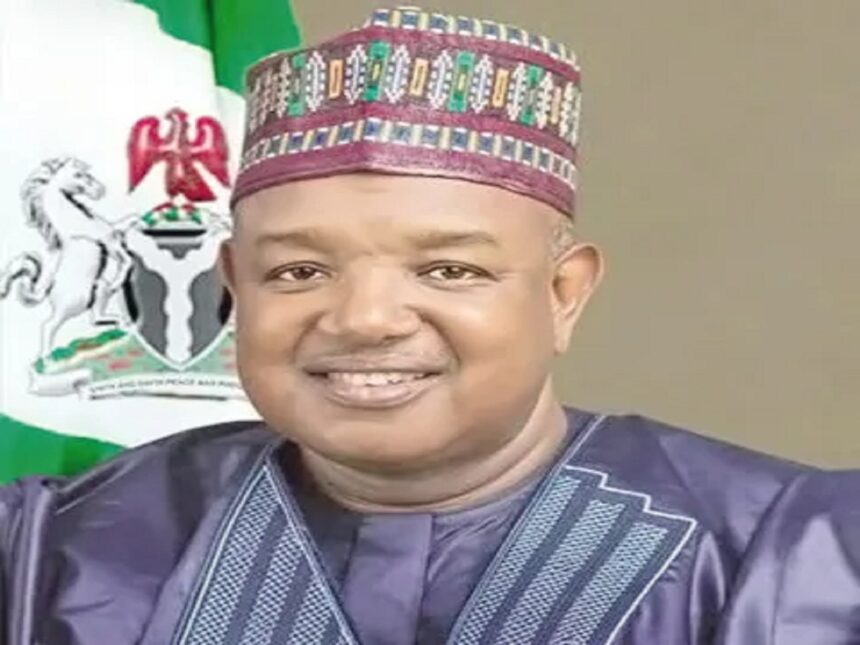Civil Society Organisations (CSOs) in Nigeria have commended the Minister of Budget and Economic Planning, Senator Abubakar Atiku Bagudu for his outstanding leadership in driving the country’s economic agenda.
According to a detailed report coordinated by the Independent CSOs in Nigeria, Bagudu’s stewardship has been instrumental in integrating President Bola Tinubu’s Renewed Hope Agenda into the national budget and planning processes.
The report highlights the administration’s strategic budgetary reforms, including a significant increase in capital expenditure to N23.4 trillion in the 2025 budget.
The report noted that, “This marks a robust push towards infrastructural revitalisation, with key initiatives such as the Lagos-Calabar Coastal Highway and the rehabilitation of the Port Harcourt-Maiduguri rail line”.
Addressing a press conference in Abuja, the President of the Independent CSOs in Nigeria, Dr. Emmanuel Agabi said, “the 2025 budget reflects a commitment to prudent financial management and strategic allocation of resources.”
The civil society groups also praised the administration’s efforts to enhance revenue generation, promote economic diversification, and invest in human capital development.
Agabi said initiatives such as the Nigeria Education Loan Fund (NELFUND) and the 3 Million Technical Talent (3MTT) Programme aim to improve access to education and foster innovation.
“We commend Senator Bagudu for his visionary leadership and commitment to transparency in the budgetary process.
“His efforts have added credibility to the government’s planning process and reinforced public trust in the system”, he said and added that the administration’s focus on infrastructure development is evident in the Renewed Hope Infrastructure Development Fund (RHIDF), which targets the mobilization of N20 trillion to finance critical projects across the country.
Additionally, the reports said, government has established an Infrastructure Support Fund for states, enabling them to invest in critical areas that will create an enabling environment for businesses.
To mitigate the impact of economic reforms on vulnerable populations, it said the administration has implemented various social welfare programs, including conditional cash transfers to 15 million households and grants to support small and medium-sized enterprises.
“These measures aim to promote social inclusion, reduce poverty, and support economic resilience among disadvantaged groups,” the report stated and also noted that challenges persist, including high inflation driven by food prices and currency depreciation.
“The government should intensify efforts to stabilize the macroeconomic environment, enhance security, and implement targeted interventions to support food production and distribution,” Agabi said and pointed out that, the report underscores the administration’s commitment to driving economic growth and development through strategic budgetary reforms and investments in key sectors.
WATCH TOP VIDEOS FROM NIGERIAN TRIBUNE TV
- Let’s Talk About SELF-AWARENESS
- Is Your Confidence Mistaken for Pride? Let’s talk about it
- Is Etiquette About Perfection…Or Just Not Being Rude?
- Top Psychologist Reveal 3 Signs You’re Struggling With Imposter Syndrome
- Do You Pick Up Work-Related Calls at Midnight or Never? Let’s Talk About Boundaries







